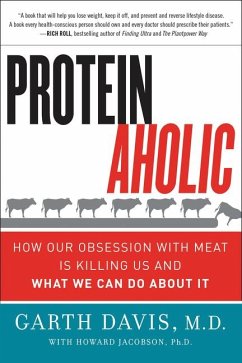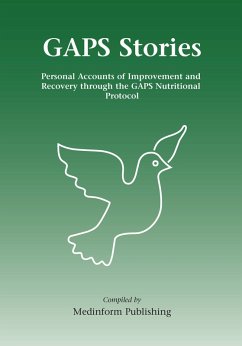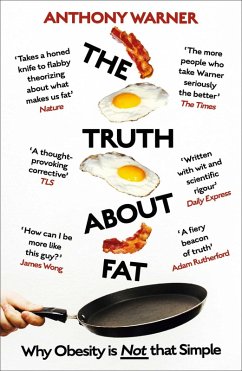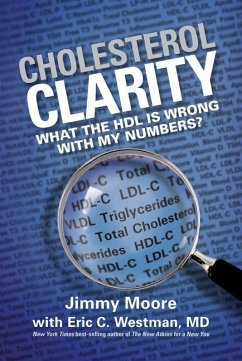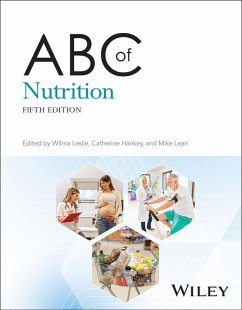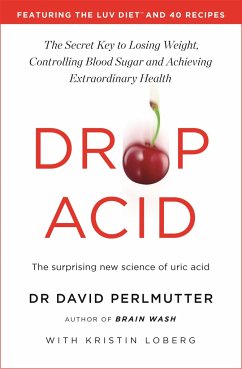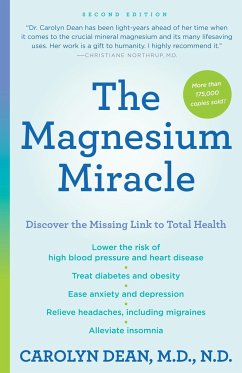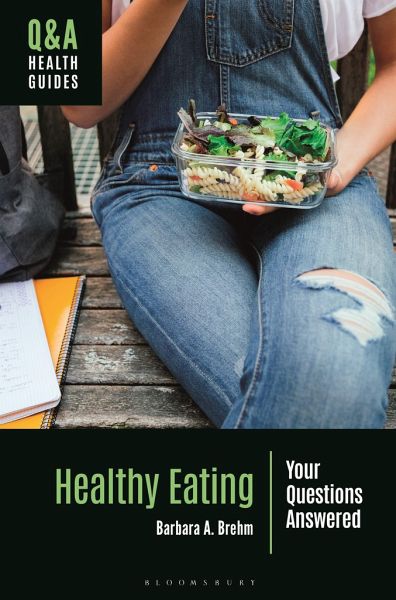
Versandkostenfrei!
Versandfertig in über 4 Wochen

PAYBACK Punkte
28 °P sammeln!




"This approachable guide to healthy eating follows a Q&A format, addressing the basics of nutritional science and dispelling popular myths"--
Barbara A. Brehm, EdD, is Professor of Exercise and Sport Studies at Smith College in Northampton, Massachusetts, USA, where she has taught nutrition and health and sports nutrition for more than 30 years.
Produktdetails
- Q&A Health Guides
- Verlag: Bloomsbury Publishing PLC
- Seitenzahl: 160
- Erscheinungstermin: 3. Oktober 2024
- Englisch
- Abmessung: 238mm x 162mm x 16mm
- Gewicht: 442g
- ISBN-13: 9781440880230
- ISBN-10: 1440880239
- Artikelnr.: 69590232
Herstellerkennzeichnung
Libri GmbH
Europaallee 1
36244 Bad Hersfeld
gpsr@libri.de
Für dieses Produkt wurde noch keine Bewertung abgegeben. Wir würden uns sehr freuen, wenn du die erste Bewertung schreibst!
Eine Bewertung schreiben
Eine Bewertung schreiben
Andere Kunden interessierten sich für


